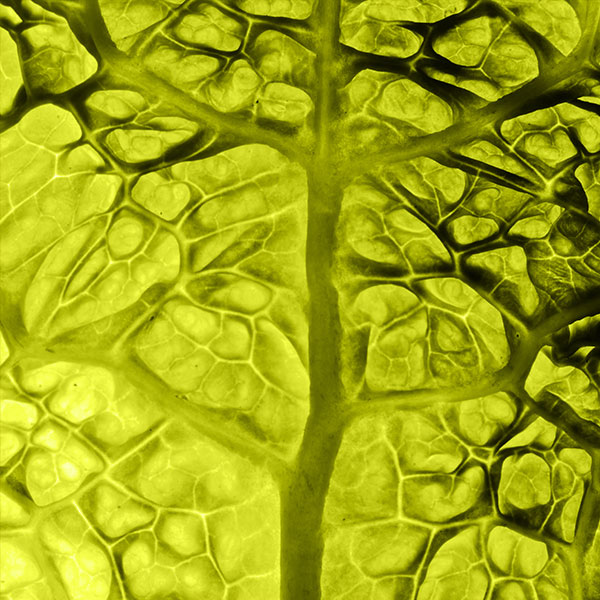IBEC is a leader in developing innovative biological models to study human diseases and treatment responses. These models provide a powerful toolset for researchers and industry, offering:
- Reduced reliance on animal testing: IBEC’s models allow for earlier and more efficient disease research stages, minimizing the need for animal models.
- Enhanced understanding of human diseases: These models closely mimic human biology, providing a more accurate representation of disease processes compared to traditional methods.
- Development of new therapeutic strategies: The ability to effectively test potential treatments on these models accelerates drug discovery and development.
KEY MODEL TYPES
- In vitro models:
- Platforms: primary cultures, cortical stem cells, cortical organoids.
- Ex vivo implantation platform:
- 3DEX: Mimics in utero implantation for direct imaging.
- IMPLATFORM: Microfluidic platform for ex vivo embryo culture.
- Cell and Tissue Models:
- Human Plasma-Derived Protein Supplement for embryo culture and implantation.
- Cardiac tissue models from induced pluripotent stem cells (iPSCs).
- 3D cultured myoblasts for studying muscle formation.
- Microencapsulated beta-cells for diabetes research.
- 3D micro liver models for drug testing (NAFL, NAFLD, NASH).
- Biomaterials for cell encapsulation and scaffolds (pancreatic beta cells, hepatocytes, retinal cells).
- Epithelial dynamics, cell mechanics, tissue growth, wound healing, and cancer cell invasion.
- Cancer cell interaction with Cancer-Associated Fibroblasts (CAFs).
- Organ-on-a-chip models:
- Microfluidic platform for modeling: Heart, Skin, Vessels, Bone, Angiogenesis, Muscle, NAFL, NAFLD, NASH, and Progenitor cell recruitment.
- Standardized approaches using patient-derived organoids for personalized cancer treatment.
- Human skeletal muscle integrated with biosensors for studying muscle function Organoids.
- Organoids:
- Available Organoids: Cortical, Kidney, Retina, Muscle, Heart, Skin, Liver, Pancreas, Intestine, Spinal Cord, Bladder cancer and colorectal cancer.
- Studies on organoid mechanics and function (validated on kidney organoids), and genome editing.
- In vivo models:
- Mouse models of Parkinson´s, Alzheimer´s diseases (male and female).
- Development of Parkinson’s and tauopathy models using adenoviral delivery.
- Plasmodium-infected mice for malaria studies.
- Zebrafish model for visual function studies.

